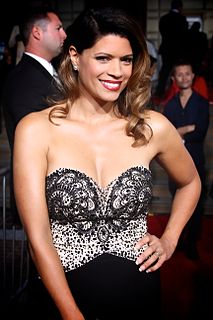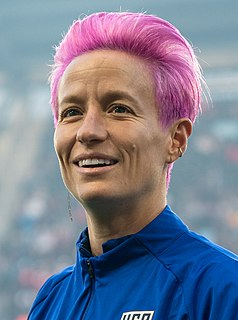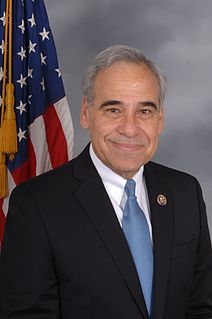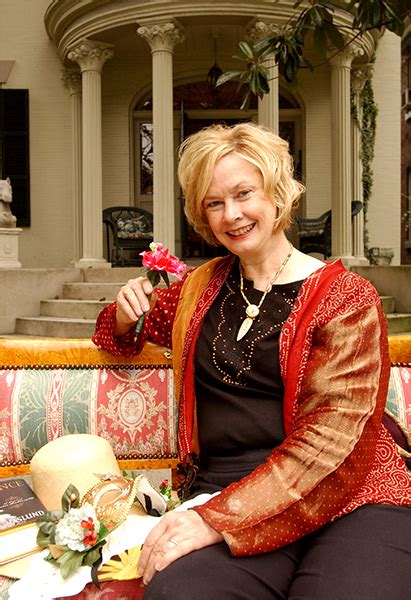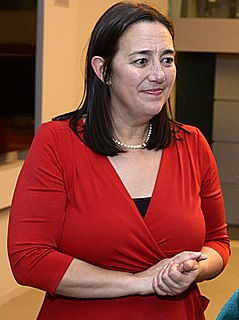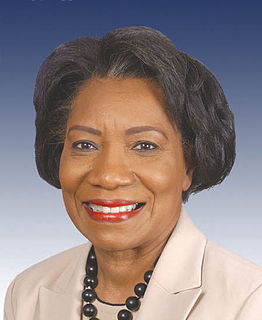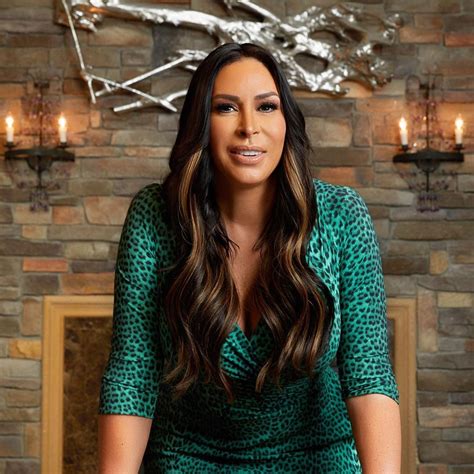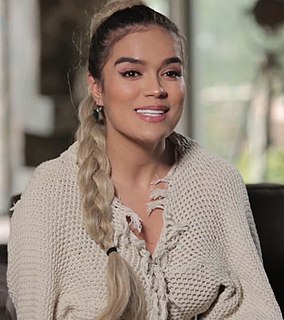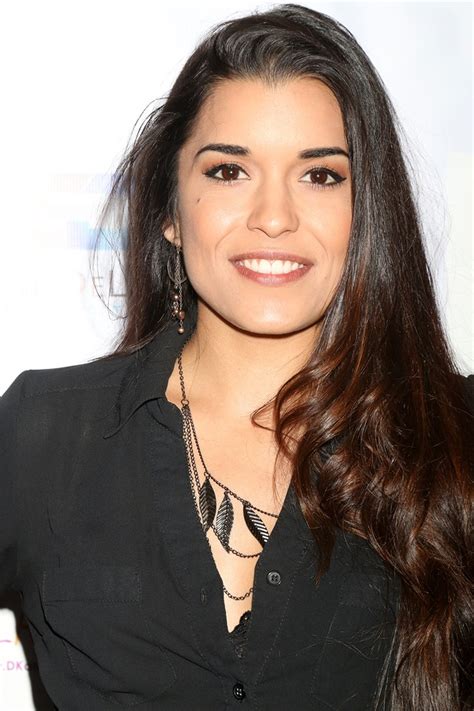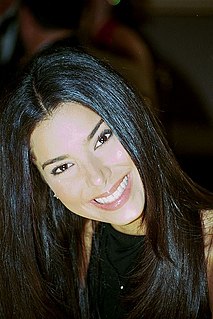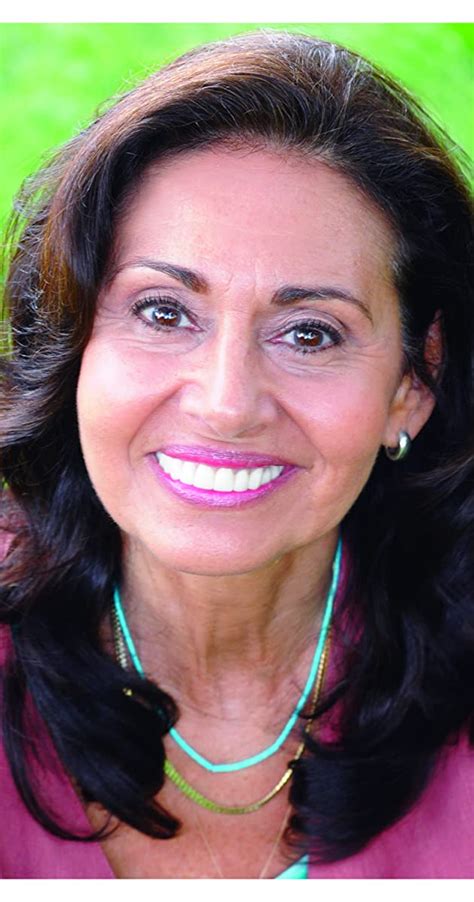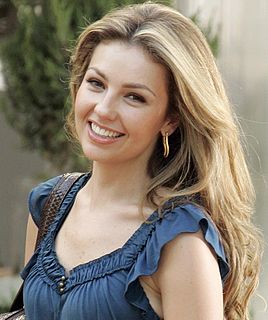Top 154 Latina Quotes & Sayings - Page 3
Explore popular Latina quotes.
Last updated on December 19, 2024.
Being a woman, we talk about equal pay all the time. We're not talking about if you're black or if you are Latina. I would like to get back to that and improving the relationship between the police community and the community of color. I don't know exactly all the right things to say, but I want to engage in that conversation.
Think of how hard it would be to create a gender-based movement across racial lines as long as one group believes that it has to be strong while seeing the other group as passive and weak. We could also go into the stereotypes of the saucy, mercurial Latina and the docile, easily-dominated Asian woman.
As a young writer, I was on guard against the Latina in me, the Spanish in me because as far as I could see the models that were presented to me did not include my world. In fact, 'I was told by one teacher in college that one could only write poetry in the language in which one first said Mother. That left me out of American literature, for sure.
Darkroom: A Memoir in Black and White is remarkable for its truth-telling about two important issues concerning Alabama's past and present: the civil rights movement and immigration. These stories, rendered through the words and eyes of a young Latina girl who came from Argentina to Marion, Alabama, are made vivid and immediate through Weaver's highly accessible drawings and dialogue. This is a book-about maturation, family, education, and social change-every schoolchild, parent, and citizen should experience.
There couldn't possibly be a more label-driven industry than acting, seeing as every audition comes with a character breakdown: 'Beautiful, sassy, Latina, 20s'; 'African American, urban, pretty, early 30s'; 'Caucasian, blonde, modern girl next door'. Every role has a label; every casting is for something specific.
Being Latina means I have culture I guess. We party together, cry together, and cook together. Or at least my family does as much as we can. We know where we're from and we have a certain kind of rhythm and understanding. Togetherness. As I get older it becomes more apparent that there is a community in this industry that is working together to rise up and fight against the misinterpretation of Hispanic and what it means to be a Latino-American nowadays.
Being 'ethnically ambiguous', as I was pegged in the industry, meant I could audition for virtually any role. Morphing from Latina when I was dressed in red, to African American when in mustard yellow, my closet filled with fashionable frocks to make me look as racially varied as an Eighties Benetton poster.
Back home I had always been comfortable around people. I was the troublemaker, always being funny - that's just who I am. I'm Latina; I've always had that extra little flavor. But when I got to New York, it became about being comfortable with myself in a place where I didn't know many people, and that was the big challenge. Ultimately my personality helped me build relationships with the people I was working with, and I was able to stand out.
As I got older, the role that I ended up (playing) on One Life to Live was a mother because, by then, I had a stable marriage - so I thought - and a beautiful son and mother roles became what I was doing well. I was still the Latina mom who very much related to people who love family. All those traditional values (were) coming back into my life.
I come from a long line of tellers: mesemondok, old Hungarian women who tell while sitting on wooden chairs with their plastic pocketbooks on their laps, their knees apart, their skirts touching the ground... and cuentistas, old Latina women who stand, robust of breast, hips wide, and cry out the story ranchera style. Both clans storytell in the plain voice of women who have lived blood and babies, bread and bones. For them, story is a medicine which strengthens and arights the individual and the community.
